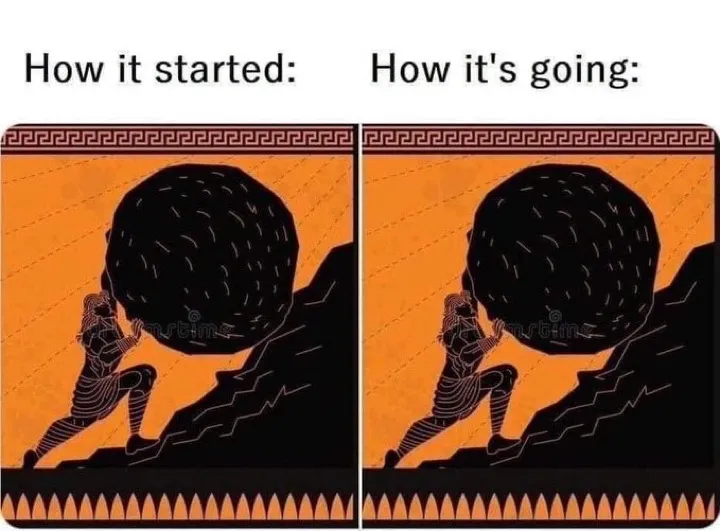

Moderators: Elvis, DrVolin, Jeff
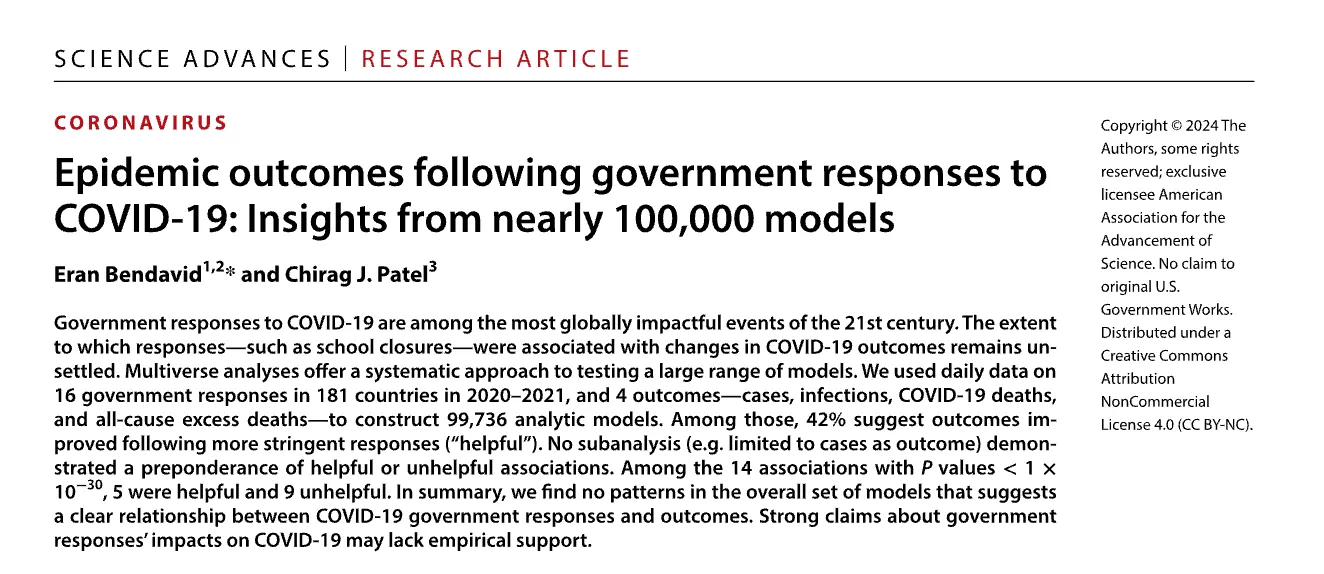
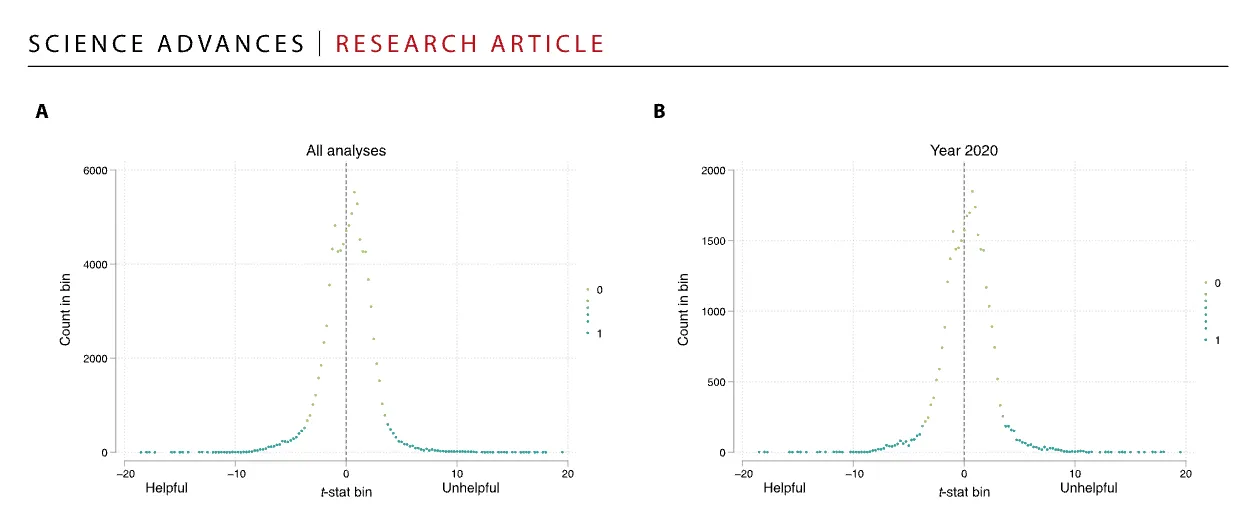
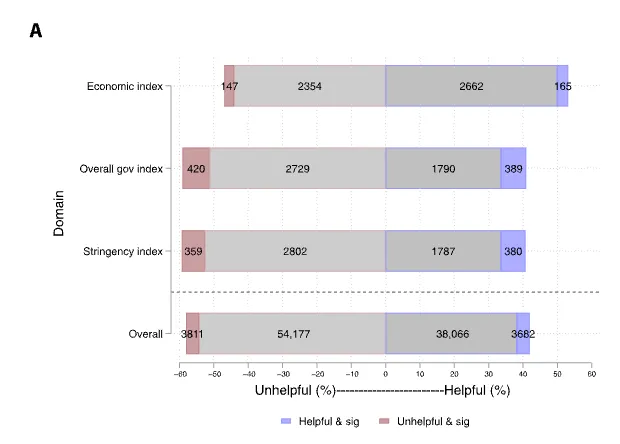
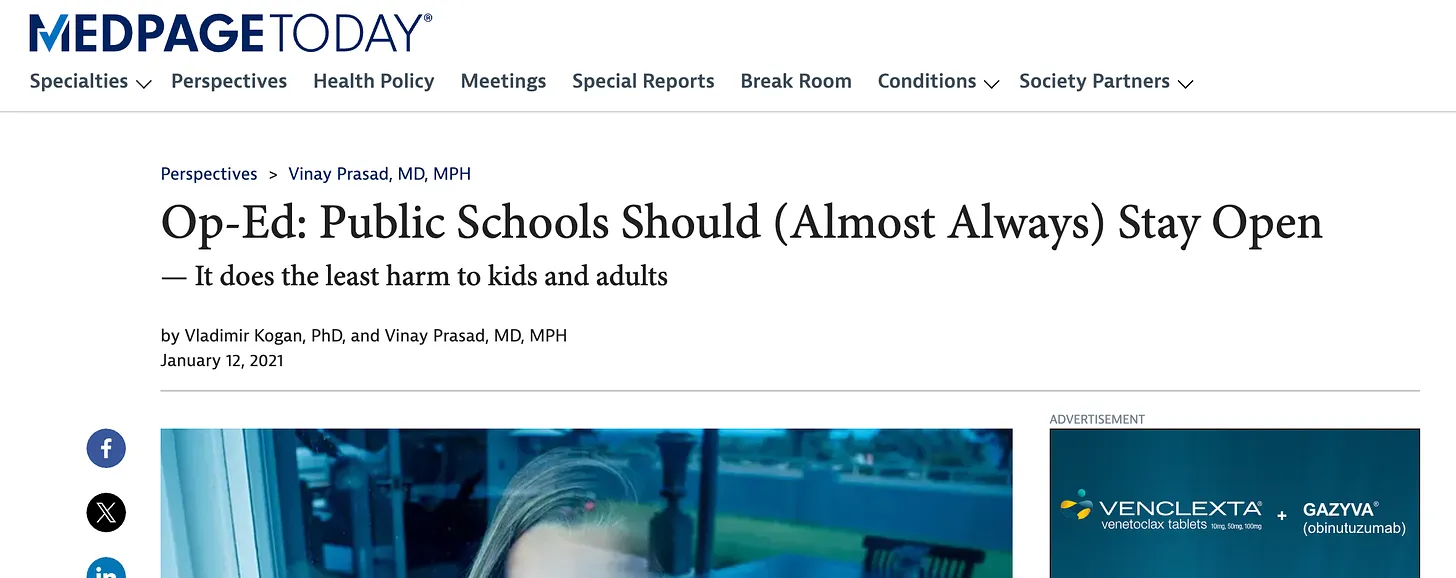
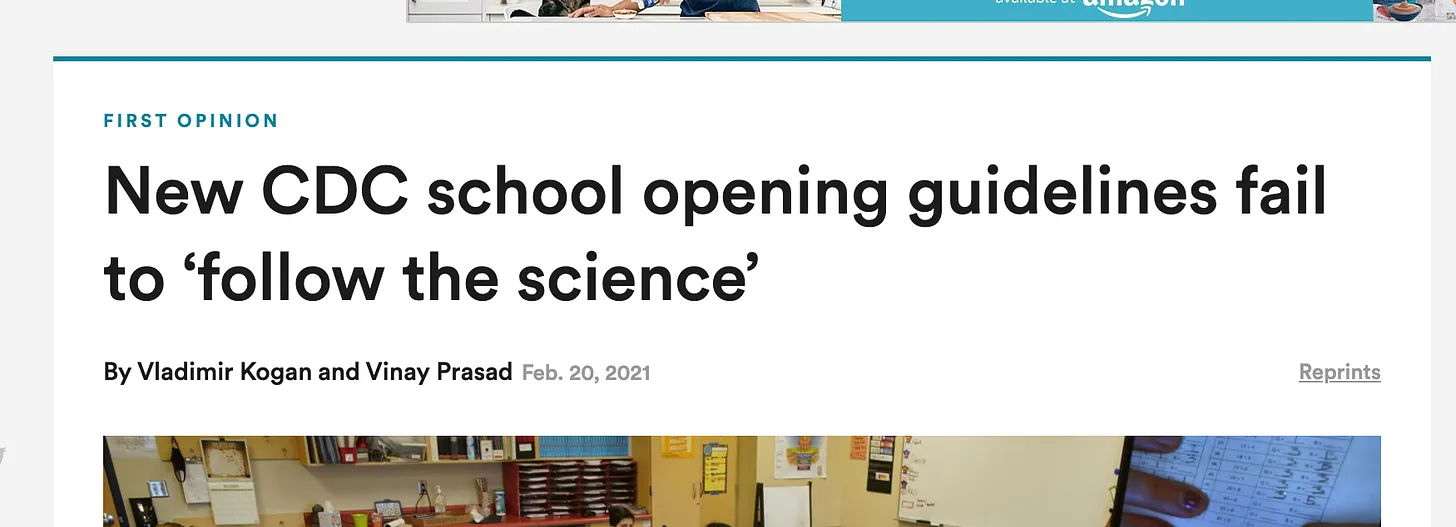
Wuhan lab leak theory: How Fort Detrick became a centre for Chinese conspiracies
23 August 2021
In May, US president Joe Biden ordered a 90-day probe into whether the Covid-19 virus came from a lab accident or emerged from human contact with an infected animal. Until then, the "Wuhan lab leak" theory had been dismissed by most scientists as a fringe conspiracy theory.
But now as the report is due to be released, China has gone on the offensive. In the past few weeks, Chinese sources have been amplifying a baseless claim that Covid-19 was made in the US.
Most Americans may have never heard of Fort Detrick, but it is becoming a household name in China.
Chinese propagandists have pushed a conspiracy suggesting that the Covid-19 coronavirus was made and leaked from the military installation in Frederick, Maryland, about 80 km (50 miles) north of Washington DC. Once the centre of the US biological weapons programme, it currently houses biomedical labs researching viruses including Ebola and smallpox. Its complicated history has sparked speculation in China.
Chinese government official Mr Zhao who is known for his aggressive style of diplomacy, has played an important role in spreading the "US origin" theory. Several tweets from his account last year first drew wide attention to Fort Detrick. "What's behind the closure of the biolab at Fort Detrick?" he wrote in July 2020, "When will US invite experts to investigate the origin of the virus in US?"
Another popular theory, pushed by the nationalist tabloid the Global Times, attempts to connect the virus's origins to a US coronavirus expert, Dr Ralph Baric, and researchers at Fort Detrick.
The newspaper suggested that Dr Baric created a new human-infecting coronavirus, citing a paper the North Carolina-based researcher co-authored about the virus's transmission from bats in Nature Medicine. In an editor's note, the journal said it was aware the paper was being used to spread the false theory, but the note was not included in the Global Times report.
The newspaper also launched an online petition calling for Chinese netizens to sign an open letter demanding a World Health Organisation (WHO) investigation into Fort Detrick. People could "sign" the letter with a single click, and the appeal reportedly gathered more than 25 million "signatures".
Continues....
According to a report by Radio Free Asia, a number of athletes reported experiencing symptoms reminiscent of COVID-19 around the time of the games. French pentathlon champion Élodie Clouvel said that she, her boyfriend, and other French athletes were affected. Matteo Tagliariol and five roommates experienced breathing difficulties. Raphael Stacchiotti and some Swedish athletes also reported illnesses.[27] Five athletes from the United States returned home early with a diagnosis of Malaria. No laboratory testing was performed on sick athletes in Wuhan.[28] Jacques Reis, et al. wrote that the games were possibly a superspreader event.[29]
Conspiracy theories emerged in China that the SARS-CoV-2 virus originated in the United States and was brought to China by an American participant in the Military World Games. One version of the conspiracy theory states that the virus was created by the CIA.[30][31] Lijian Zhao, a spokesman for China's Ministry of Foreign Affairs, claimed the virus originated in the United States.[32] A U.S. Army athlete who attended the games was accused of being "patient zero" of the novel coronavirus outbreak in Wuhan, and was harassed on social media, despite never having symptoms or testing positive.[33] A coronavirus public health exercise in the United States called Event 201 was held at the same time as the games, and this is sometimes cited by conspiracy theorists as further evidence of misconduct.
This situation is called an influenza pandemic (pandemic). Unlike seasonal influenza, a pandemic has the potential to spread rapidly around the globe, infect higher numbers of people, and cause high rates of illness and death in populations that lack prior immunity. While it is not possible to predict when or how frequently a pandemic may occur, there have been 4 pandemics in the last 100 years. The most devastating pandemic occurred in 1918-1919 and is estimated to have killed more than 50 million people worldwide, including 675,000 Americans.
***
National Influenza Vaccine Task Force. (a) There is hereby established a National Influenza Vaccine Task Force (Task Force). The Task Force shall identify actions to achieve the objectives identified in section 2 of this order and monitor and report on the implementation and results of those actions. The Task Force shall be co-chaired by the Secretary of Defense and the Secretary of Health and Human Services, or their designees.
https://trumpwhitehouse.archives.gov/pr ... ic-health/
To improve vaccine confidence, parents who are concerned about their children’s health and safety should have the best, most credible information available, said ADM Giroir, which requires improving data systems, educating providers, supporting provider reimbursement for vaccine counseling, building in quality metrics that support system-wide changes, and working with private partners to counter misinformation on social media. The amplification of misinformation by those who do not understand or willfully ignore the science—and by foreign agents intent on causing confusion and discontent—must be addressed, and ADM Giroir said he is personally committed to combating the meddling into the nation’s public health system.
https://www.hhs.gov/sites/default/files ... _draft.pdf
Did a military lab spill anthrax into public waterways? New book reveals details of a US leak
Unsterilized laboratory wastewater from the U.S. Army Medical Research Institute of Infectious Diseases at Fort Detrick, Maryland, spewed out the top of a rusty 50,000-gallon outdoor holding tank, the pressure catapulting it over the short concrete wall that was supposed to contain hazardous spills.
It was May 25, 2018, the Friday morning before Memorial Day weekend, and the tank holding waste from labs working with Ebola, anthrax, and other lethal pathogens had become overpressurized, forcing the liquid out a vent pipe.
An estimated 2,000-3,000 gallons streamed into a grassy area a few feet from an open storm drain that dumps into Carroll Creek — a centerpiece of downtown Frederick, Maryland, a city of about 80,000 an hour's drive from the nation's capital.
But as the waste sprayed for as long as three hours, records show, none of the plant's workers apparently noticed the tank had burst a pipe. This was despite the facility being under scrutiny from federal lab regulators following catastrophic flooding and an escalating series of safety failures that had been playing out for more than a week.
***
So, what was in the wastewater?
Nobody seemed to be looking very hard to find out.
USAMRIID and Fort Detrick officials offered only generalized assurances that their tests hadn't detected any pathogens. But they would not release copies of testing reports.
Rather than serve as watchdogs in the public interest, all levels of government seemed to largely defer to USAMRIID and its expertise — despite the organization's egregious safety breach and potential self-interest in damage control.
https://www.news-medical.net/news/20230 ... -leak.aspx
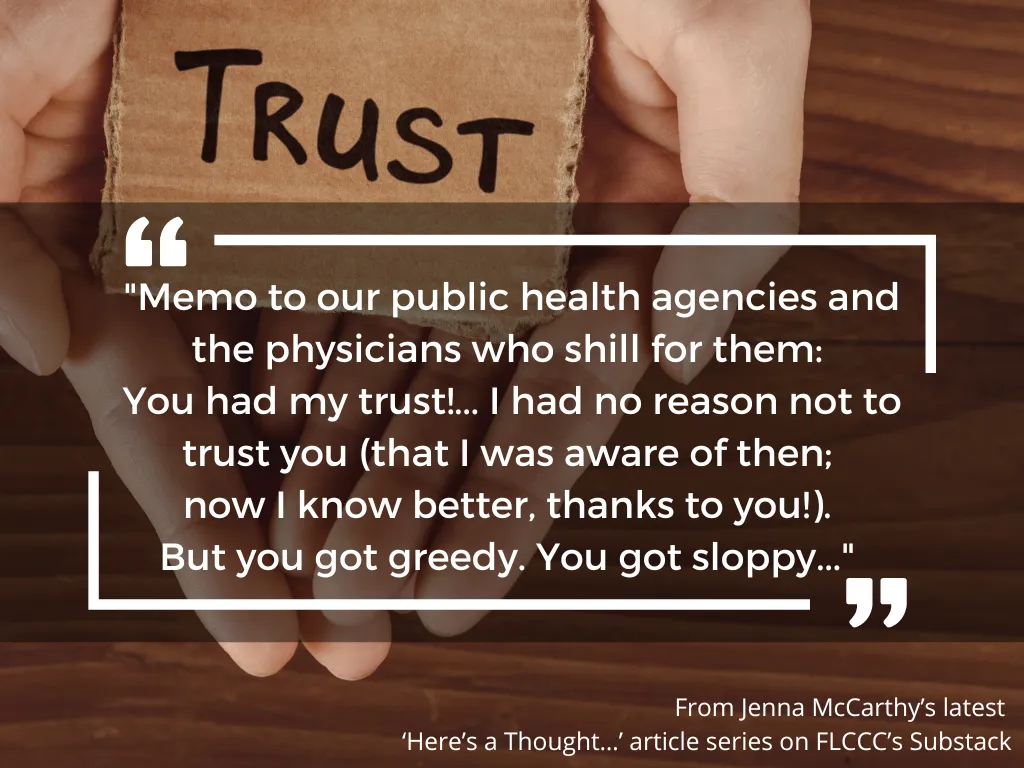
You had my trust! You could have slowly, subtly, methodically recommended this string of bewitching injectables or that bowl of Bill Gates’s latest magical vaccine-infused lettuce blend and in all likelihood, I’d have bought in without a lot of pushback. Why wouldn’t I? I had no reason not to trust you (that I was aware of then; now I know better, thanks to you!). But you got greedy. You got sloppy. You played poker at the chess table, and instead of displaying the famous combination of strategy and patience that rewards skilled chess players with an inevitable checkmate, you rolled the dice for a chance to hit the mega-jackpot. And do you know what happened? You lost. Big time.
Rune Ostgard
@enur72
I'm deeply sorry that I didn't wholeheartedly support the small minority who were brave enough to protest the authorities' handling of Covid-19.
I let the rebels down.
I'm particularly ashamed, because as a lawyer, when I got my diploma, like all other Norwegian lawyers, I solemny had to promise I would go out and promote justice and prevent injustice.
I failed this duty miserably.
When we today see the very serious consequences of the authorities' abuse of power, with disproportionate and arbitrary lockdowns and distance regulations, in many cases mandatory vaccinations and various other harmful interventions in our freedom of movement and privacy, I just want to say that I now understand how much I'm to blame because I didn't protest openly and loudly.
Many of those who objected against the policies are bruised and battered and still have challenges in their lives due to the lack of support from their peers and the way they were treated by the rest of society.
I'll do everything to ensure that I don't make the same mistake in the future.
I'm writing this because today's postmodern society is affected by a virus that is very dangerous indeed - the fear of losing face and looking weak if one admits mistakes.
If we're to move forward in this process and succeed in forcing the authorities to put all the cards on the table, I think we must start with ourselves and acknowledge our own mistakes.
Therefore, feel free to write your own apology in the comments below, like and share, and then perhaps we can hope that many others do the same.
Thank you for your contribution.
July 5, 2024
…
MarcG
@ThisisMarcG
I have a similar confession to make publicly. I am ashamed of my behavior: As a board member I voted Yes to firing anyone who worked in the senior living center I volunteer for refusing full vaccination. (including the medical staff!).
At the time, We ALREADY had to enforce staff masking & shields& gowns. Everything. (Via State Health mandate.)
And while I was confused by the : if PPE was effective, and the amazing vax worked (98% at least!), and the PPE was required ALL the time, why did staff vax status matter?
, I voted yes. For that I deeply apologize. Despite my confusion.
I have justified it over these 3 years because it was an assisted living for seniors with average age 80+.
It was wrong of me.
I'm remembering today asking the medical director why it was called a booster, not a 3rd shot?" We want to encourage people to take it", was her answer.
Context: I had Zero knowledge of medical/pharma. I only have a finance degree (and back then- didn't even know what money was) #ashamed.
Belligerent Savant » Sat Jul 27, 2024 1:09 pm wrote:https://x.com/JeffWellsRigInt/status/18 ... 7215239668Jeff Wells
@JeffWellsRigInt
The closest we came to manifesting the liberal trope of "putting people in camps" was during covid, and they didn't even notice because they were calling for it.@Rarecandypod1
Very funny to see people thinking they will be put into “camps” should Harris lose the election. I wonder how many of those people were fine with unvaxed people not being able to participate in society in 2020-2021 (which they say “didnt happen)
Real-Time Self-Assembly of Stereomicroscopically Visible Artificial Constructions in Incubated Specimens of mRNA Products Mainly from Pfizer and Moderna: A Comprehensive Longitudinal Study
0:02:29: The Man Who Made a Pact With the Devil
0:39:35: The Definition of Evil
0:45:00: The Case of Bobby and His Parents
1:14:15: Evil and Sin
1:29:30: Possession and Group Evil
2:07:14: MyLai: An Examination of Group Evil (The Crimes)
2:13:16: Preface to Group Evil
2:18:27: The Individual Under Stress
2:21:40: Group Dynamics: Dependency and Narcissism
2:26:15: The Specialized Group: Task Force Barker
2:32:52: The Large Specialty Group: The Military
2:35:48: The Largest Group: American Society in 1968
2:42:08: Human Killing
2:46:35: The Dangers of a Psychology of Evil
2:52:14: A Methodology of Love
2:55:55: End of Book
2:56:30: The Case of Hartley and Sarah
3:36:50: The Case of the Voodoo Dream
3:51:54: The Case of the Spider Phobia
Users browsing this forum: No registered users and 6 guests